
OR
NOC plans to set up chemical fertilizer factory to reduce import dependency
Published On: April 10, 2024 09:00 AM NPT By: Dilip Paudel
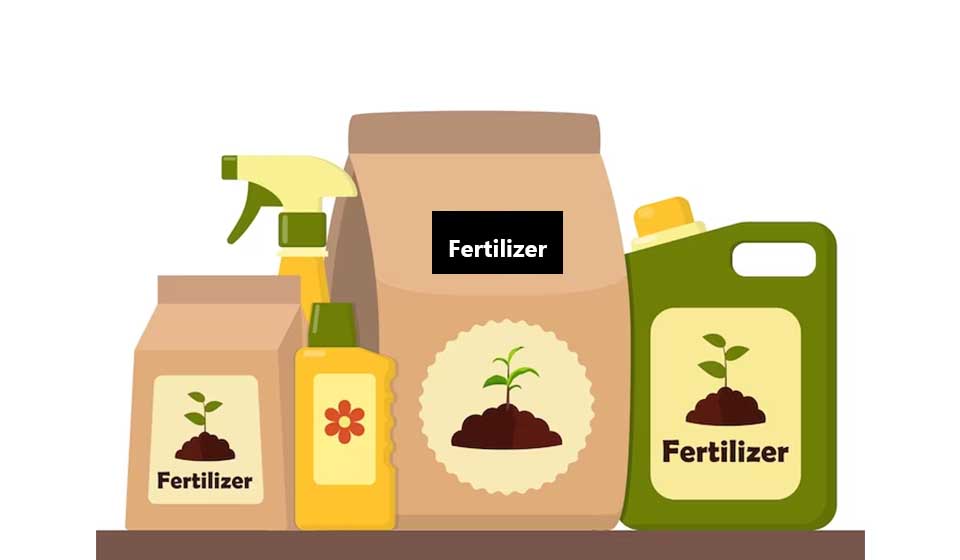
KATHMANDU, April 10: Cent percent chemical fertilizers in Nepal are imported from abroad. In this situation, Nepal Oil Corporation (NOC) has prepared to operate a chemical fertilizer factory in the country. Although there has been discussion about setting up a fertilizer factory for a long time, it has not been fulfilled.
The government has been providing subsidies of more than Rs 32 billion annually on chemical fertilizers. Fertilizers worth more than Rs 40 billion are imported in Nepal. The executive director of the NOC Dr. Chandika Prasad Bhatta said they have done their homework to advance the chemical fertilizer factory as a dream project.
"The plan is to operate the factory on a PPP model," he said.
In the last fiscal year 2022/23, a total of 426,007 metric tons of chemical fertilizers worth about Rs 40.5 billion were imported into Nepal. The NOC is of the opinion that since more than Rs 40 billion has been spent abroad for the purchase of fertilizers, if the industry can be established in the country, it will help in reducing the country's trade deficit. The NOC plans to attract foreign investors as the chemical fertilizer factory will cost more than Rs 100 billion. According to the NOC, Indian Oil Corporation (IOC) is positive to invest in the fertilizer plant.
A government study has suggested that a natural gas-based chemical fertilizer industry can be established to replace fertilizer import, so the NOC has planned to operate the industry by importing natural gas from IOC. As natural gas has to be brought from India, it is going to make the IOC a strategic partner. "With the investment of IOC, chemical fertilizers can be produced and exported even to India," said Bhatta, "IOC is willing to invest."
As the investment of more than Rs 100 billion is required, the NOC said that the fertilizer factory can be operated with foreign investment, the private sector, and government investment.
Bhatta mentioned that NOC is spearheading the effort as there's widespread agreement on the need for a fertilizer factory in Nepal. "Everyone agrees that timely distribution of fertilizers to farmers is crucial," Bhatta remarked, "This can only be achieved through establishing the industry locally." With the government annually allocating Rs 32 billion as subsidies, these funds can also be utilized.
Previously, a government team compiled a report highlighting the high costs associated with water electrolysis technology for a fertilizer factory, recommending a shift towards a natural gas-based approach. The estimated cost for a water electrolysis-based factory was Rs 189 billion, with concerns raised about the environmental impact of thermocol technology.
The report was drafted in 2077 BS by a team comprising the secretaries of the Ministry of Finance, Ministry of Industry, Commerce and Supplies, and Ministry of Agriculture. The Prime Minister's Office also established a preliminary study committee, led by then Finance Minister Bishnu Paudel, for the establishment of a chemical fertilizer factory.
In fiscal year 2013/14, former Finance Minister Shankar Prasad Koirala allocated a budget for an extensive feasibility study on establishing a chemical fertilizer factory. Similarly, in the budget of fiscal year 2016/17, former Finance Minister Bishnu Paudel outlined policies to attract domestic and foreign investors for setting up chemical fertilizer factories. After the 2074 BS election, the budget presented by former Finance Minister Dr. Yubaraj Khatiwada also included the issue of the establishment of a chemical fertilizer factory in Nepal.
Former Finance Minister Bishnu Paudel also pledged to inaugurate a chemical fertilizer factory in Nepal within the next three years.
Similarly, former Finance Minister Janardan Sharma, who replaced Paudel, also mentioned the opening of a chemical fertilizer factory in Nepal. The discussion on establishing a fertilizer factory has been ongoing for about four decades. A government official stated that a study was conducted in 2041 BS to establish a fertilizer factory in Nepal, with the Japanese Cooperation Agency (JICA) leading the study.
Establishing a fertilizer factory based on natural gas technology is considered a sustainable solution for fertilizer supply. Globally, natural gas, thermocol, and water electrolysis technologies are prevalent in chemical fertilizer production. Among these, the government believes that a fertilizer factory based on natural gas technology will reduce the amount of subsidy provided by the government.
Operating the fertilizer industry will aid in reducing the trade deficit and ensure timely fertilizer delivery to farmers during crop planting seasons. Stakeholders suggest that establishing a chemical fertilizer industry using natural gas is appropriate. Indian Oil Corporation (IOC) has committed to supplying gas based on demand by laying a natural gas pipeline up to Bhairahawa. This agreement was reached in discussions between former Supply Minister Deepak Bohora and India's Petroleum and Natural Gas Minister Dharmendra Pradhan.
A study conducted by the Investment Board of Nepal (IBN) revealed that natural gas is the most suitable model. The IBN study report suggested that the industry could operate in Dhalkebar in Dhanusha, Jalajle in Udayapur, and Bardghat in Nawalparasi. Indian Company Development Corporation (Karnataka) Limited, the Institution of Agricultural Technologists (IAT), and Nepali partner Shah Consult International conducted a feasibility study, and the report was finalized by the IBN.
You May Like This
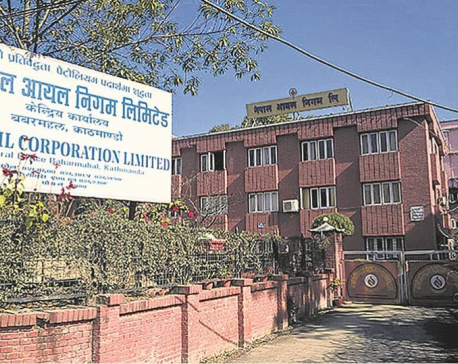
Govt collects Rs 100 billion through infrastructure tax imposed on fuel in past eight years
KATHMANDU, April 17: The government has collected more than Rs 100 billion in eight years from the infrastructure tax imposed... Read More...
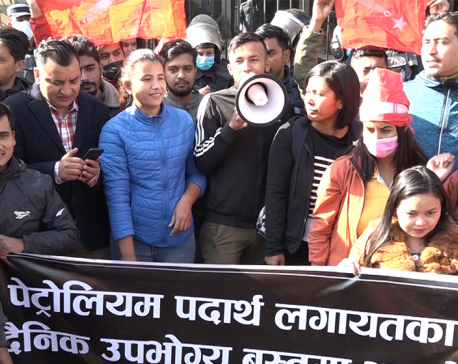
Agitating student unions picket Central Office of NOC demanding withdrawal of fuel price hike
KATHMANDU, Nov 12: Various student unions that have launched protests against the recent hike in the prices of petroleum products... Read More...
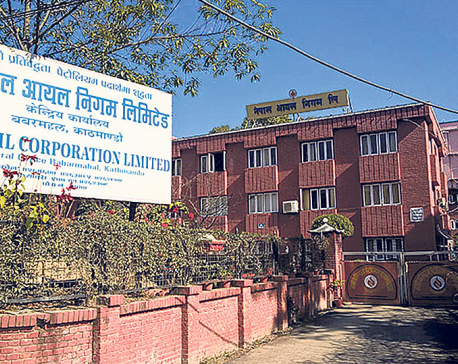
NOC hikes petrol, diesel, kerosene prices by Rs 2 a liter
KATHMANDU, Dec 3: Prices of petrol, diesel and kerosene have gone up by Rs 2 per liter each. ... Read More...


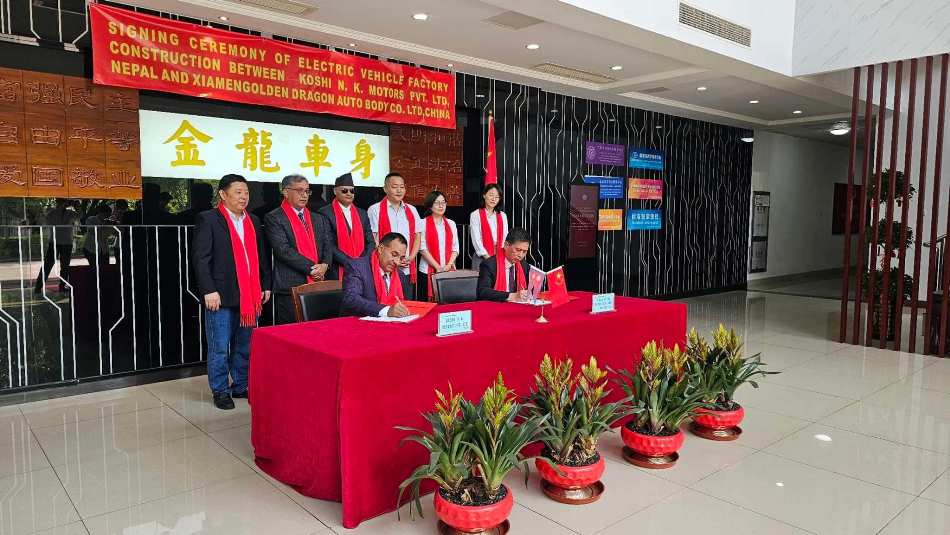
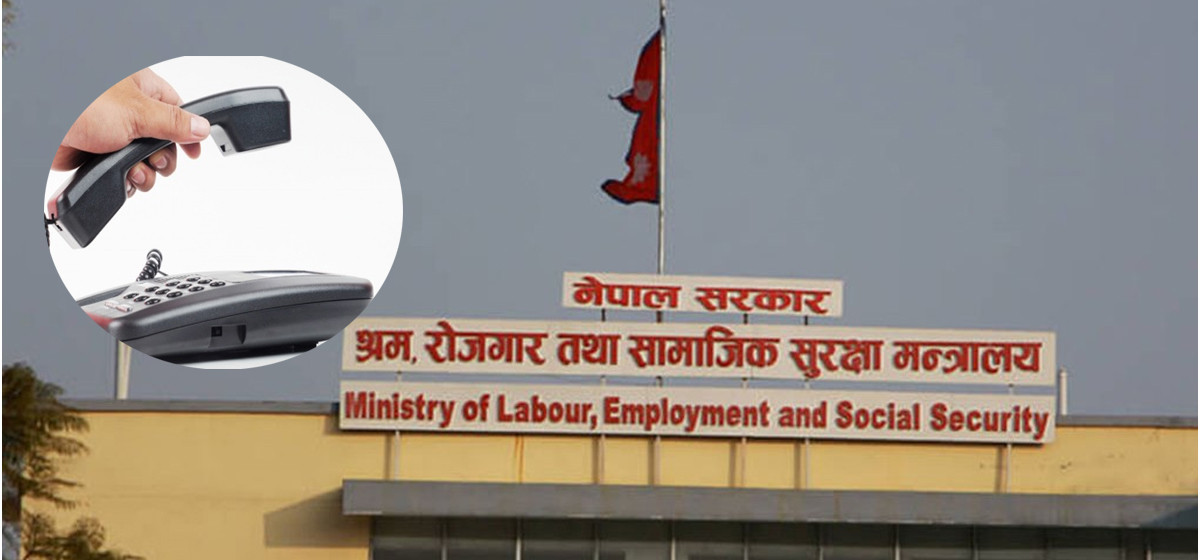
Just In
- Nepal and Vietnam could collaborate in promotion of agriculture and tourism business: DPM Shrestha
- Govt urges entrepreneurs to invest in IT sector to reap maximum benefits
- Chinese company Xiamen investing Rs 3 billion in assembling plant of electric vehicles in Nepal
- NEPSE inches up 0.07 points, while daily turnover inclines to Rs 2.95 billion
- Gandaki Province reports cases of forest fire at 467 locations
- Home ministry introduces online pass system to enter Singha Durbar
- MoLESS launches ‘Shramadhan Call Center’ to promptly address labor and employment issues
- Biratnagar High Court orders Krishna Das Giri to appear before court within one month in disciple rape case






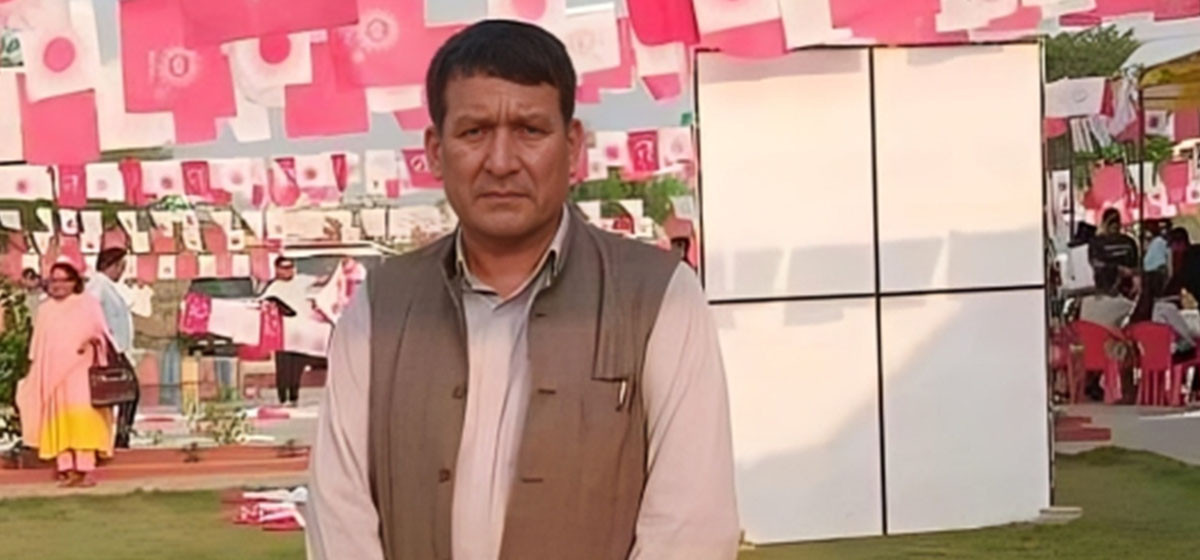
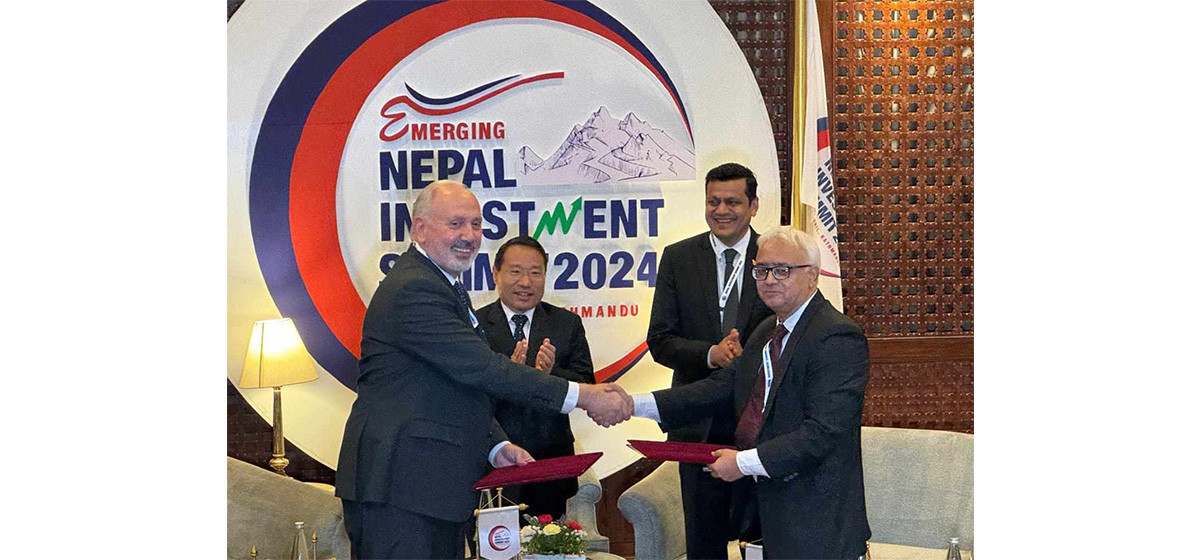
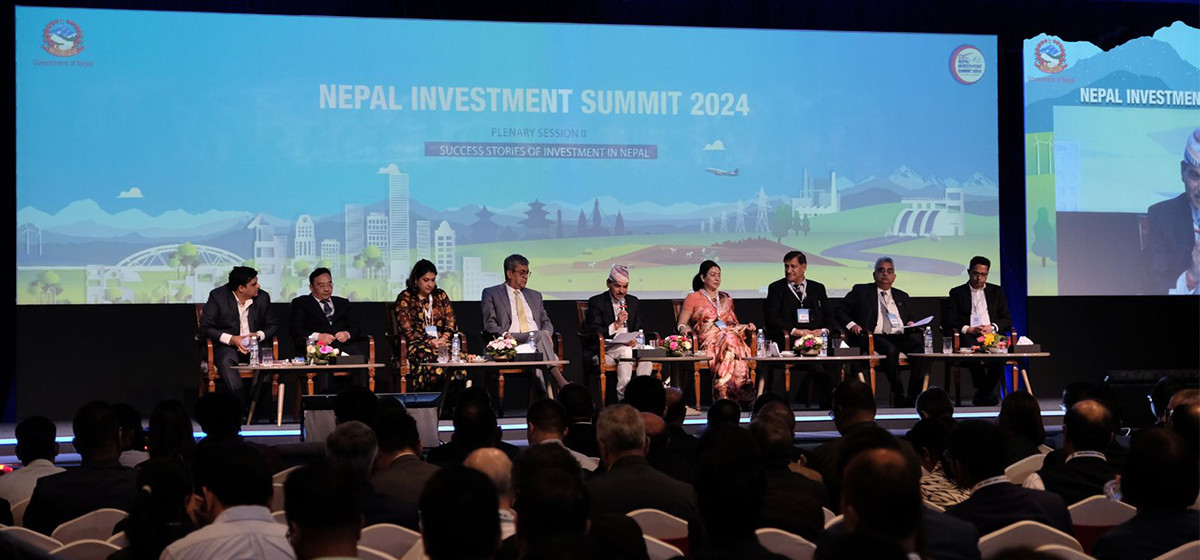


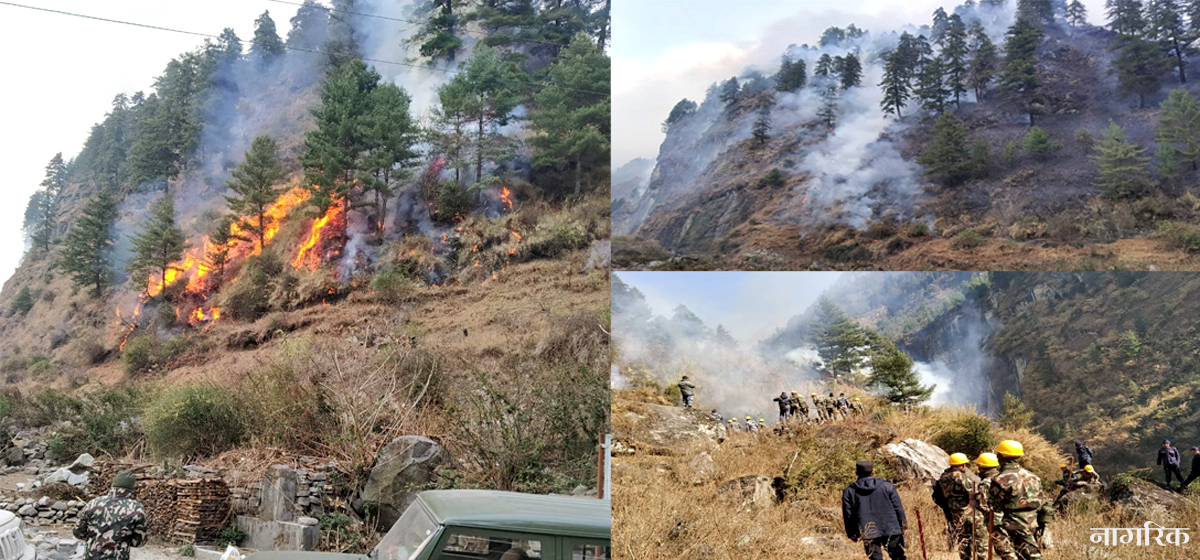
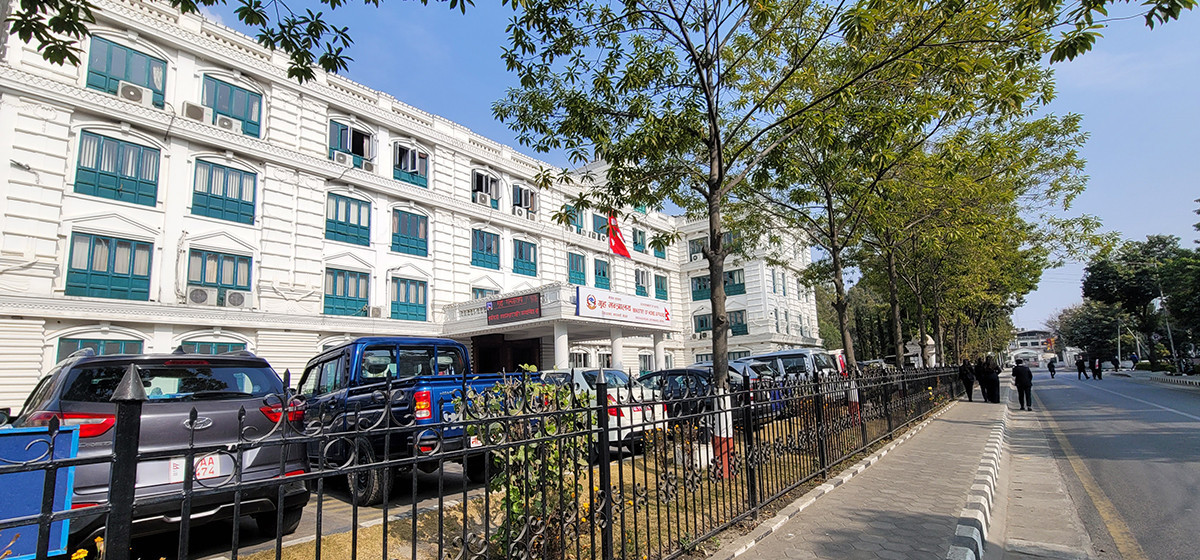

Leave A Comment